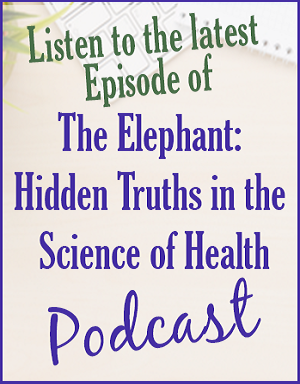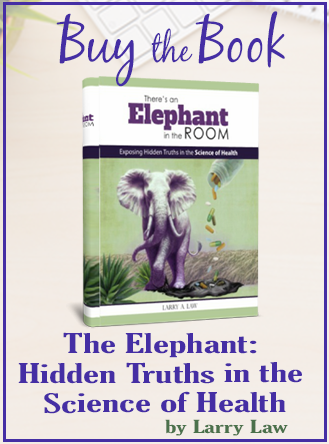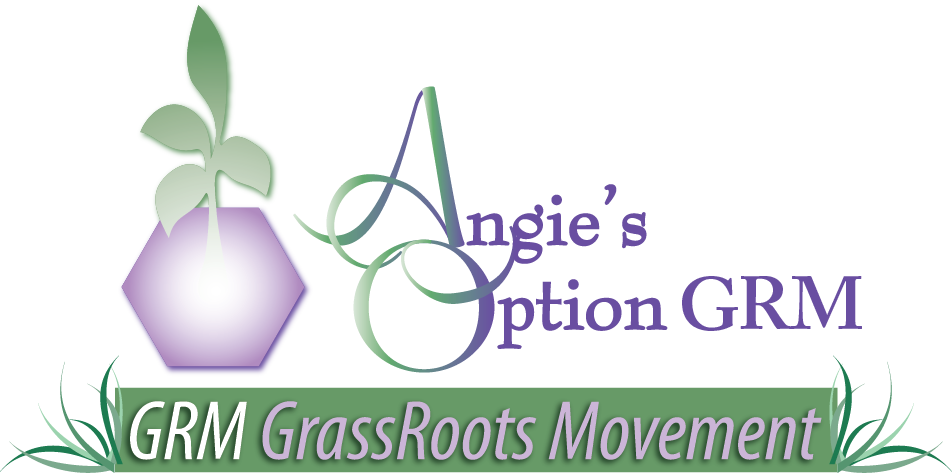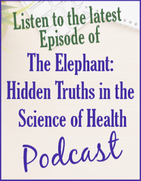Larry A. Law
T-cell Production
Fred Hutchinson, a Cancer Research Center scientist who published his findings online in the journal Blood reported by Science Daily, documented two findings: 1) zinc is essential for developing T-cells which fight disease; 2) zinc is necessary for regenerating the thymus which is the organ that produces T-cells. A molecule within human cells called GPR39 acts like a sensor to track changes in zinc levels. When the level rises, GPR39 signals the release of a renewal factor. T-cells are able to mature fully and the thymus is able to ramp up production. Immune system function becomes optimal.
Why Quercetin and Chloroquines Work
Plant-based zinc is wrapped in a food matrix that increases absorbability at the cell level. Most supplemental zinc (inorganic crushed rock) is not very bioavailable. Zinc ionophores (gateways or doors) can be helpful. Ionophores act like mini taxi cabs to transport zinc from the outside to the inside of a cell. Their function greatly improves the levels of zinc inside the cell where it can be used for critical enzymatic functions. Zinc ionophores include substances like the drug hydroxychloroquine (HCQ), cloroquine, quercetin, and epigallocatechin gallate (EGCG). This transport function was the main reason why hydroxychloroquine was so effective at treating and stopping the spread of SARS-CoV2 if used early on in the treatment process. When HCQ was banned in an effort to make the vaccine the only treatment option, knowledgeable doctors turned to quercetin which was available over the counter and worked in a similar manner.
Not Too Much and Not Too Little
It is important to have the right amount of zinc in the body. Too much zinc can cause an imbalance in the zinc-copper ratio, which can degrade immune function. "Acceptable ratios of zinc to copper range from 2-to-1 to 15-to-1 in favor of zinc," according to nutritional expert Dr. Chris Masterjohn. Copper is also interdependent with iron. In fact, all of the minerals have a synergistic effect and mega-dosing one can cause unforeseen problems in many other metabolic pathways. It is always best to get enough but not too much. While it can be necessary to supplement inorganic zinc during illness, trying to meet your daily zinc requirements from food and plant-based supplements is definitely the best option. For more information on how to support your immune system, see my book.
2 Comments
sherelle
5/10/2022 06:17:35 pm
I have been taking a chelated zinc and wondering if I needed to take a plant based one?
Reply
Larry Law
5/10/2022 09:38:55 pm
Hi Sherelle,
Reply
Leave a Reply. |
BlogArchives
July 2024
Categories
All
|
© Angie's Option GRM. All rights reserved.








 RSS Feed
RSS Feed

